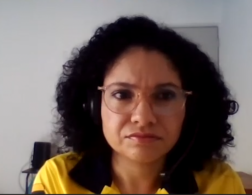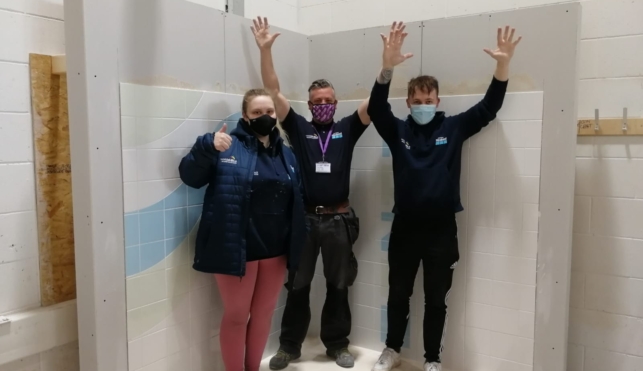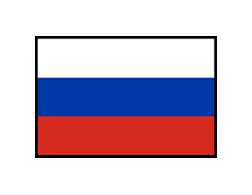Best Practice Exchange
We hosted a best practice exchange with international experts and educators to transfer global best practice and champion higher quality training standards within the UK.

Martin Maguire
WorldSkills UK Director, Scotland

Paul Doran
WorldSkills UK Training Manager

Patricia Castano Jiménez
WorldSkills Columbia Training Manager

Chris Herron
WorldSkills UK, International Competitions & Insights Manager





